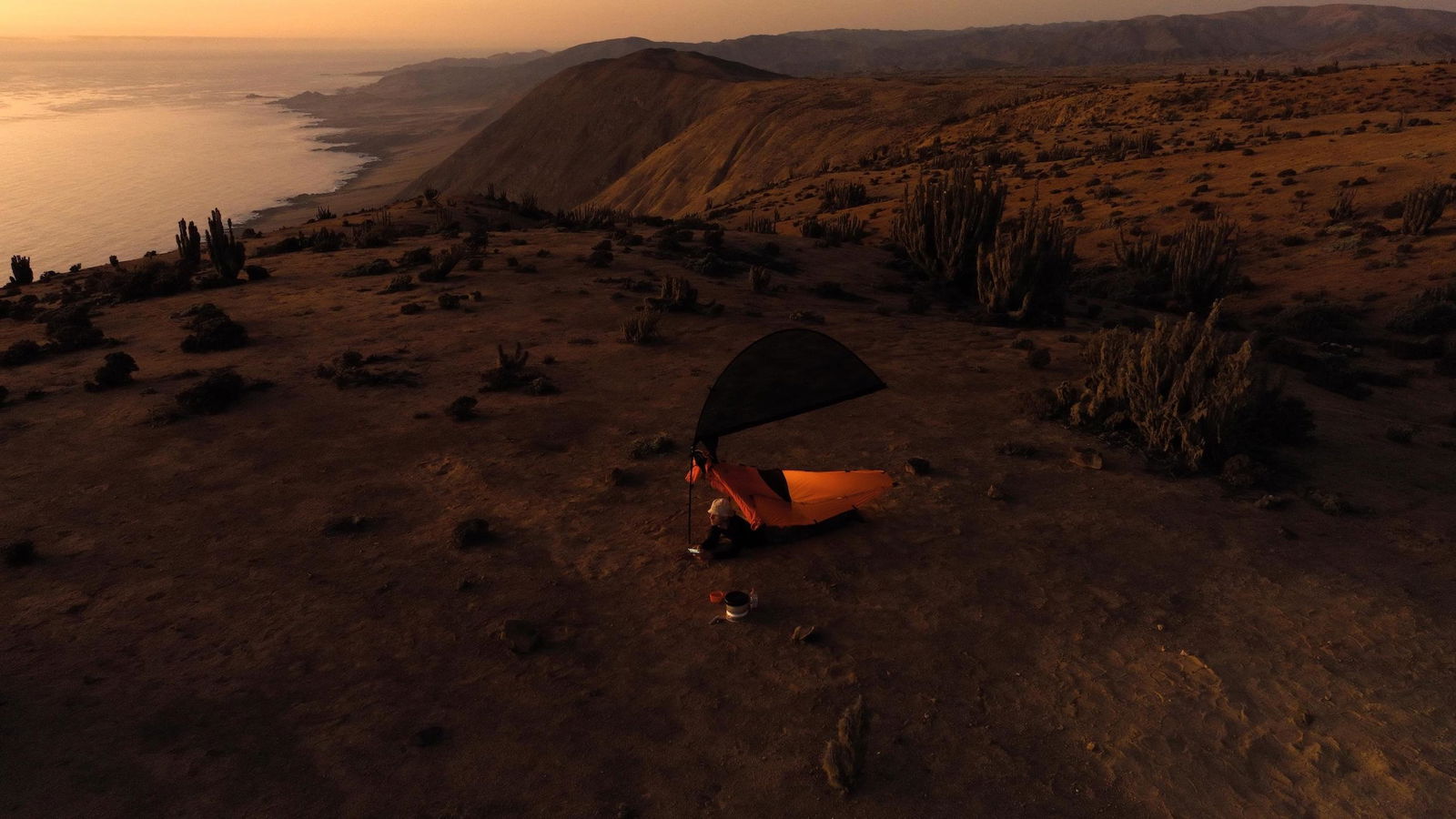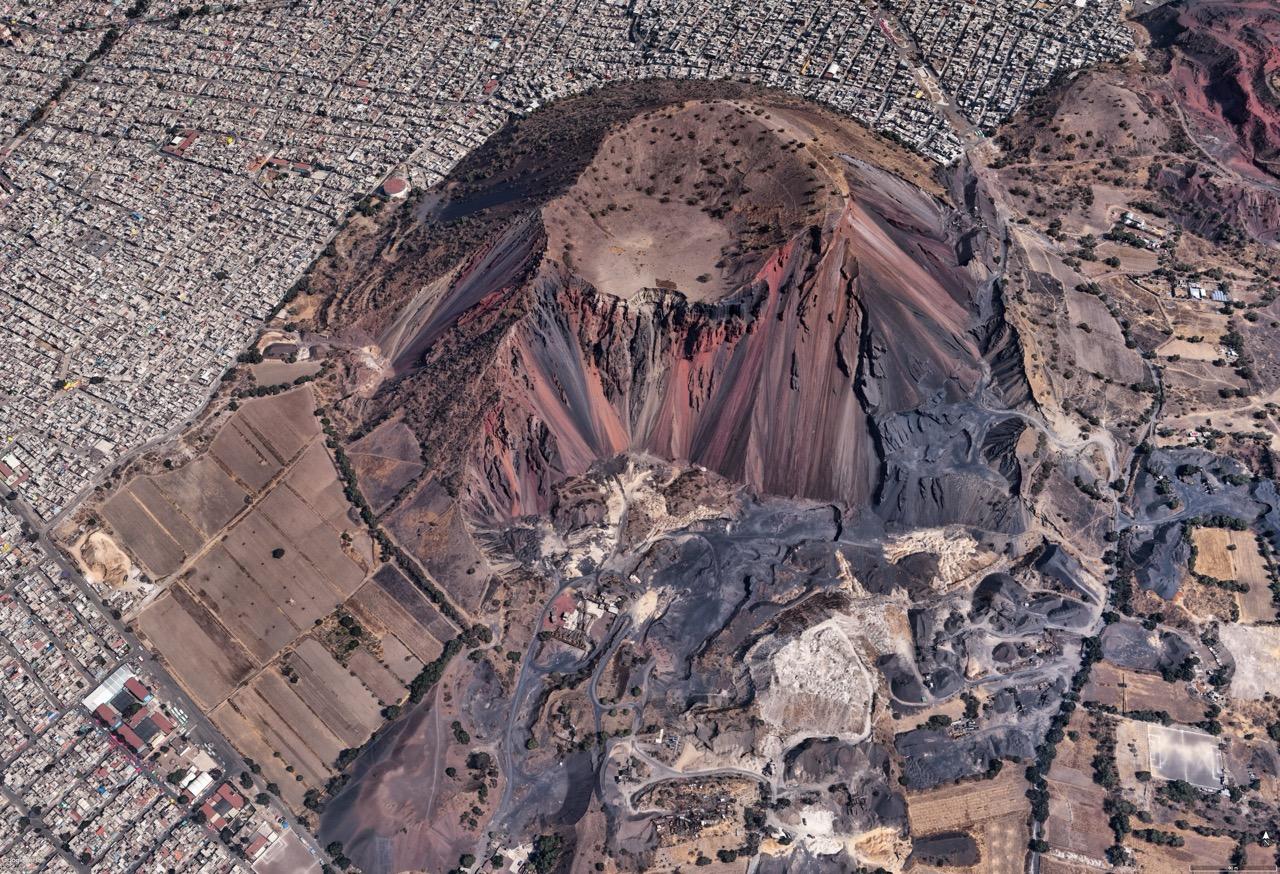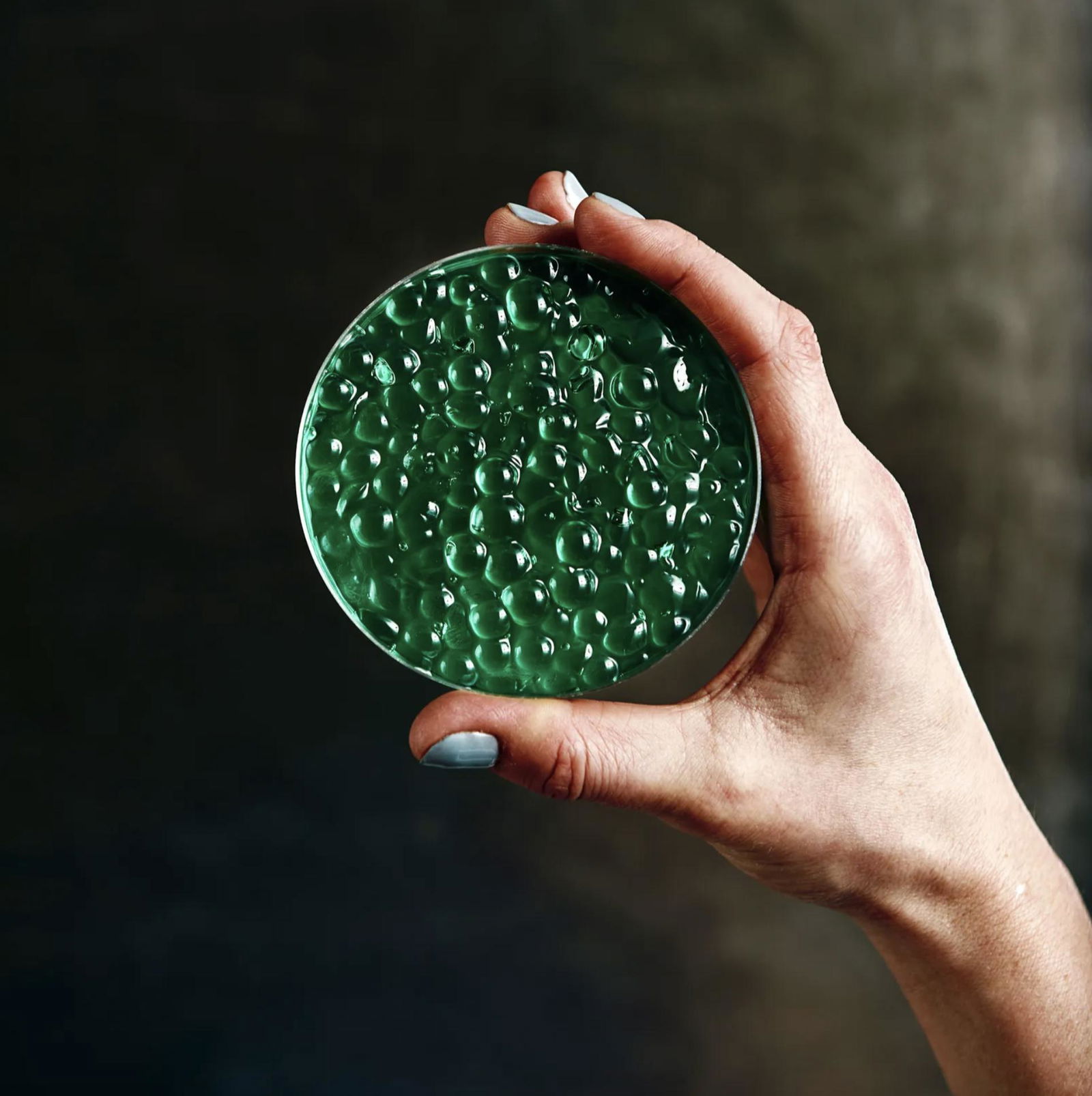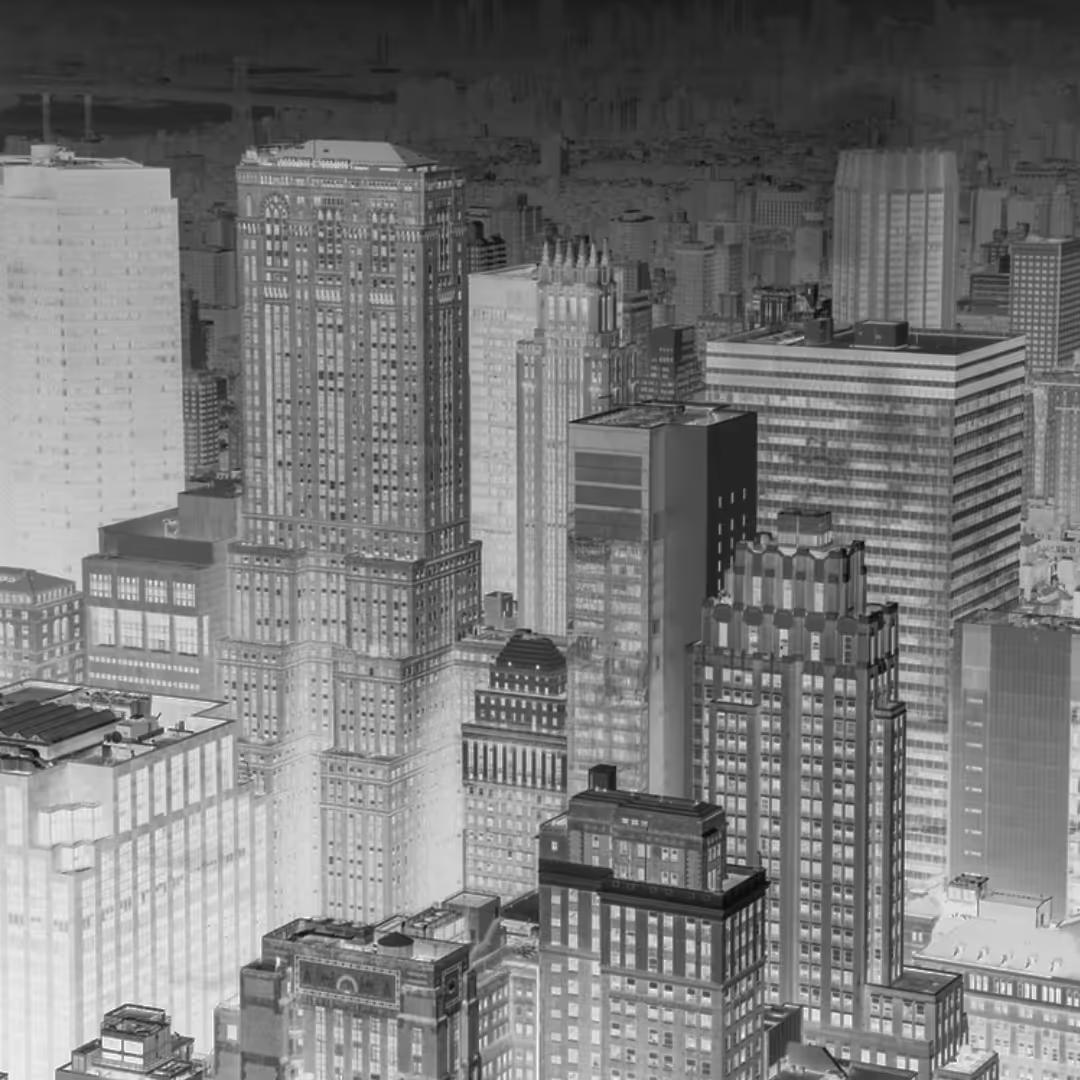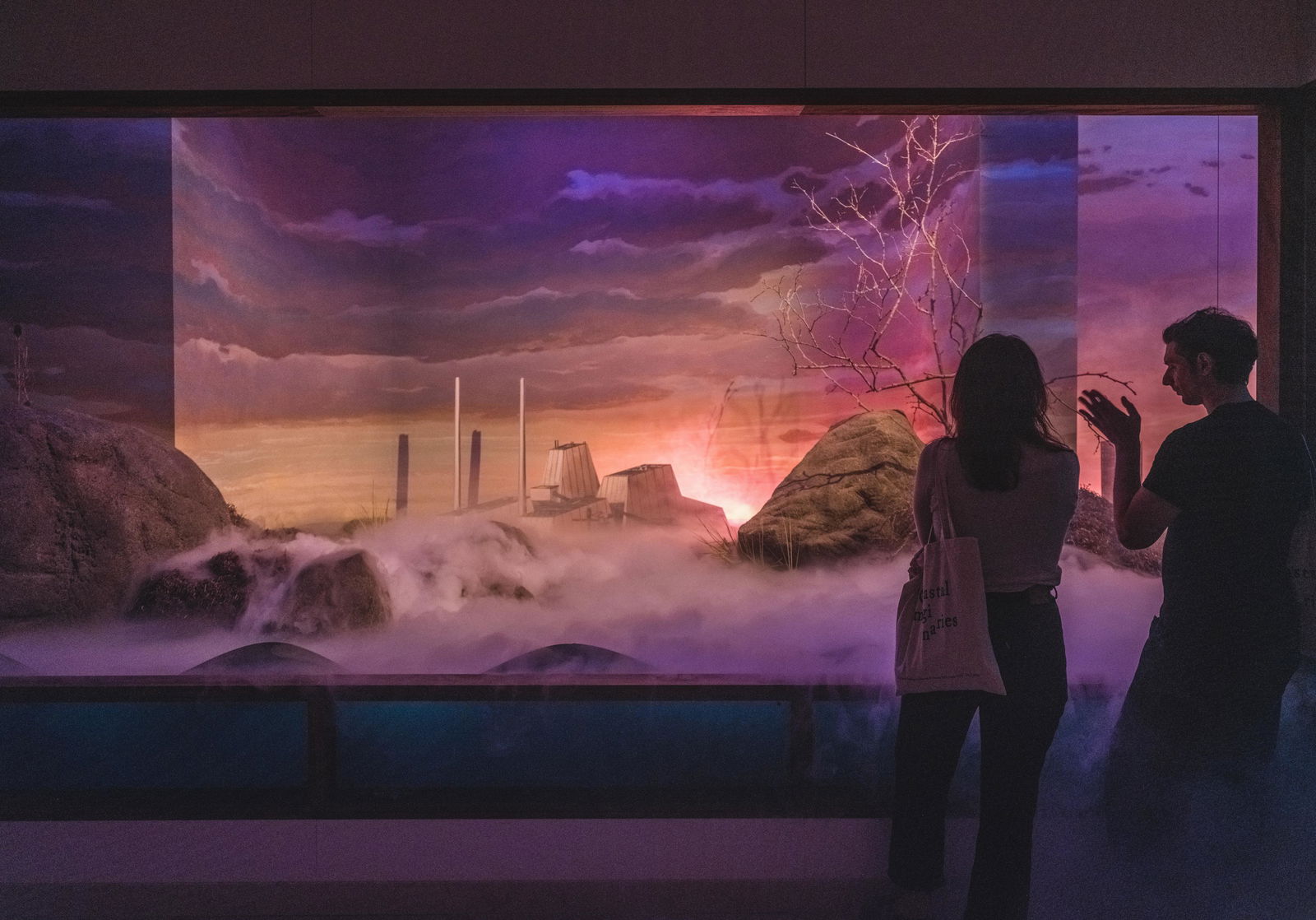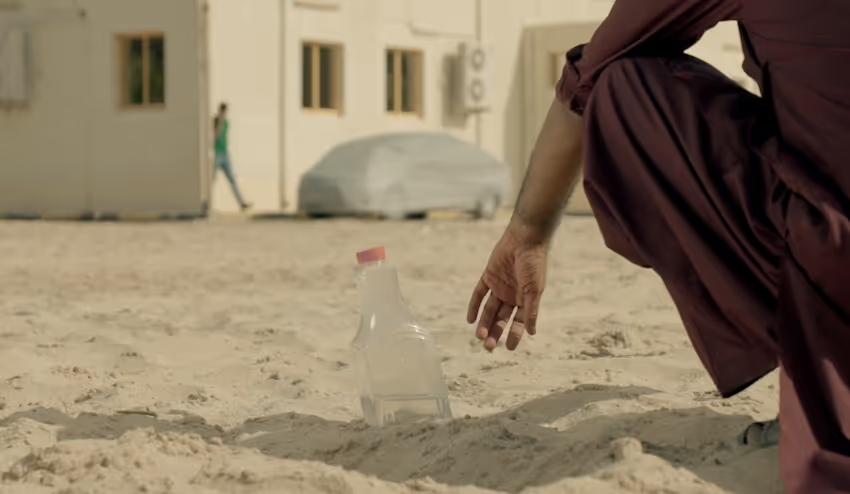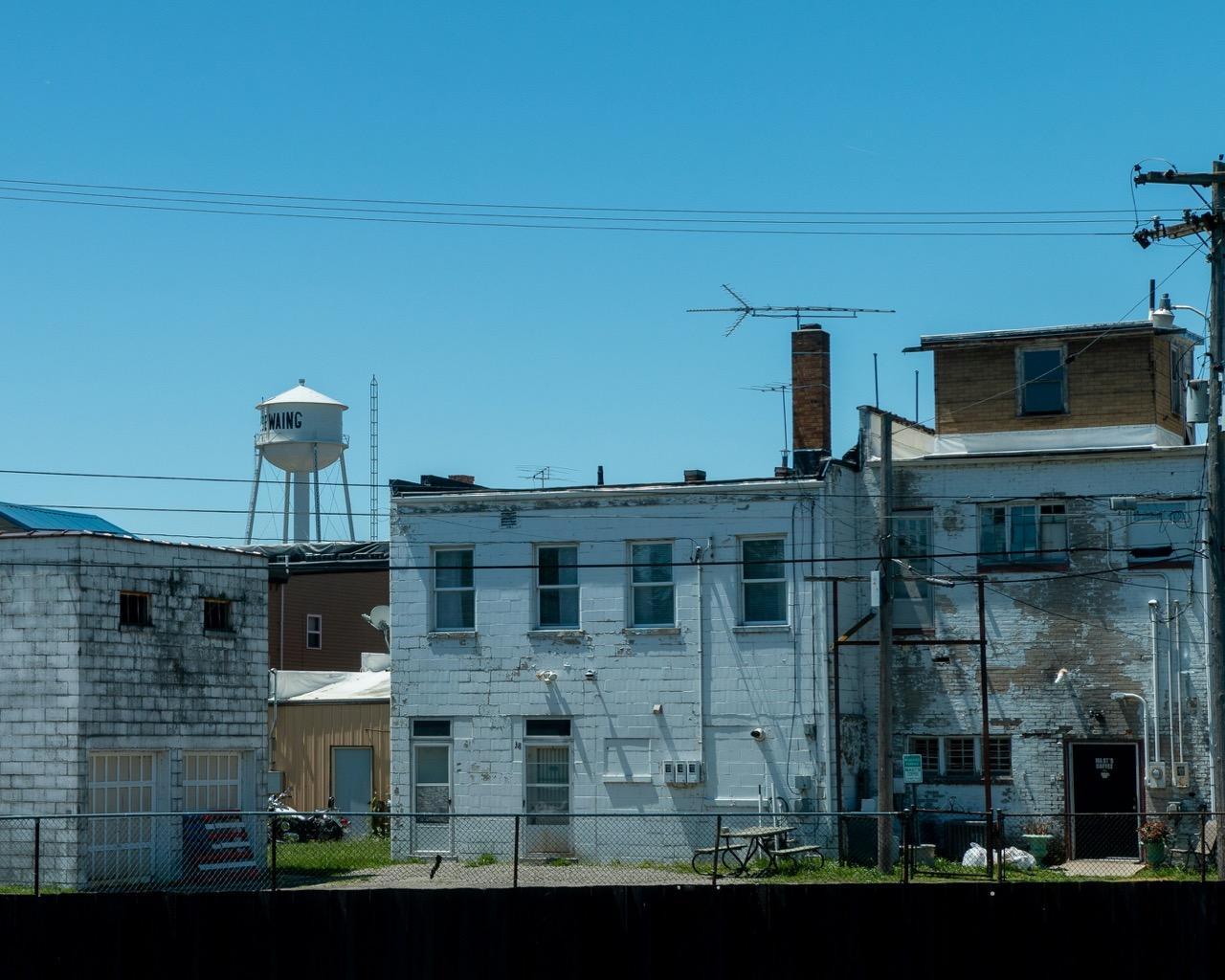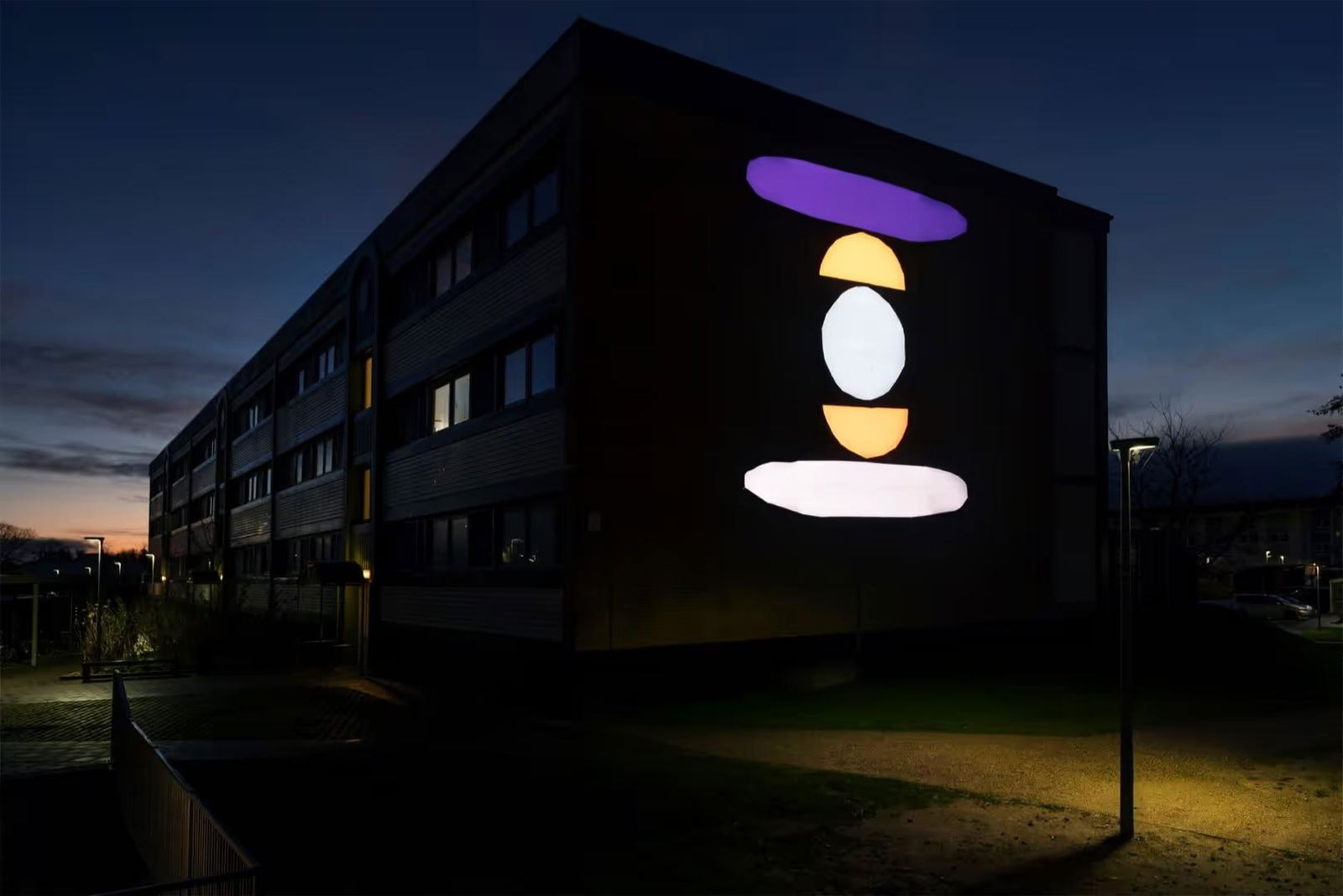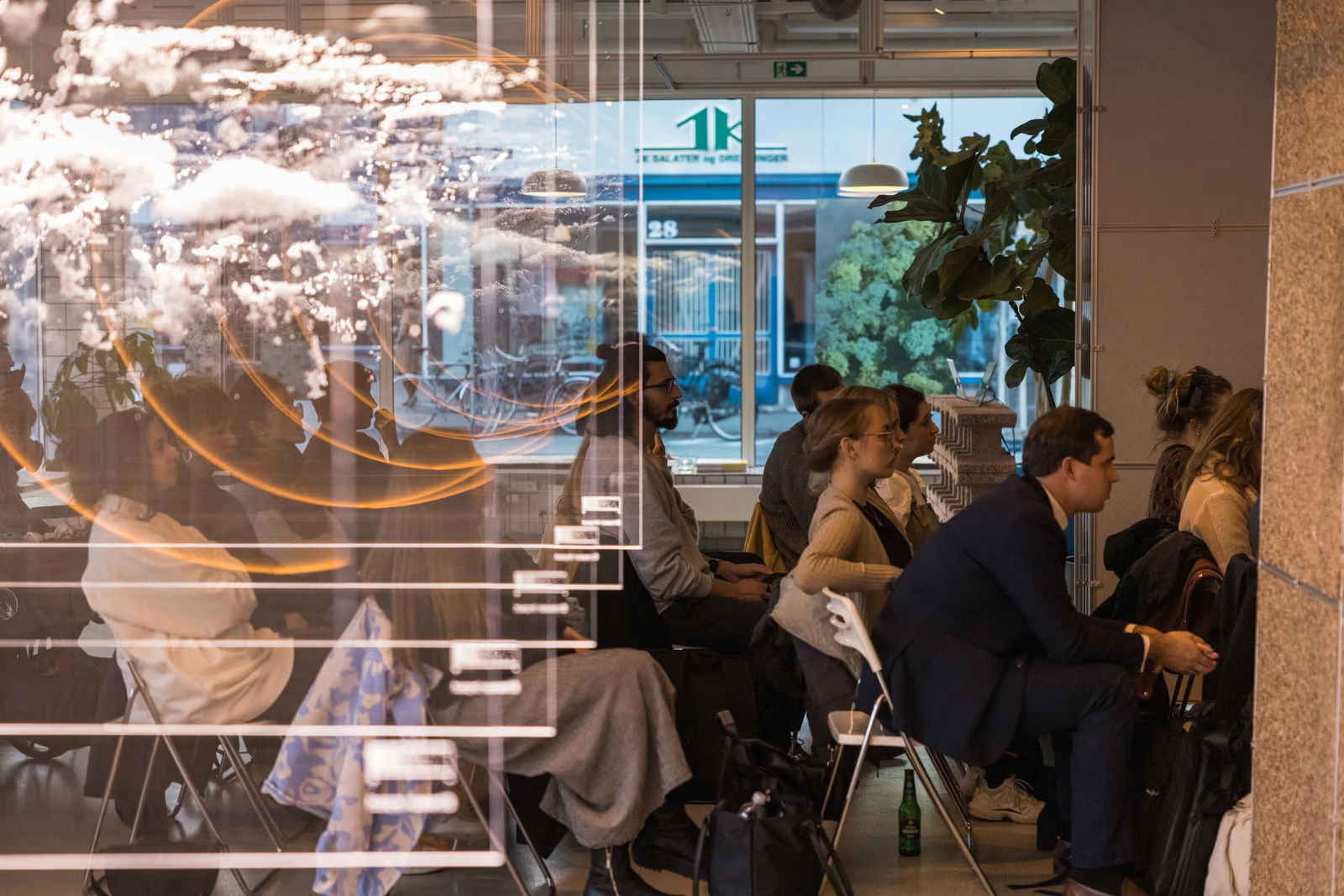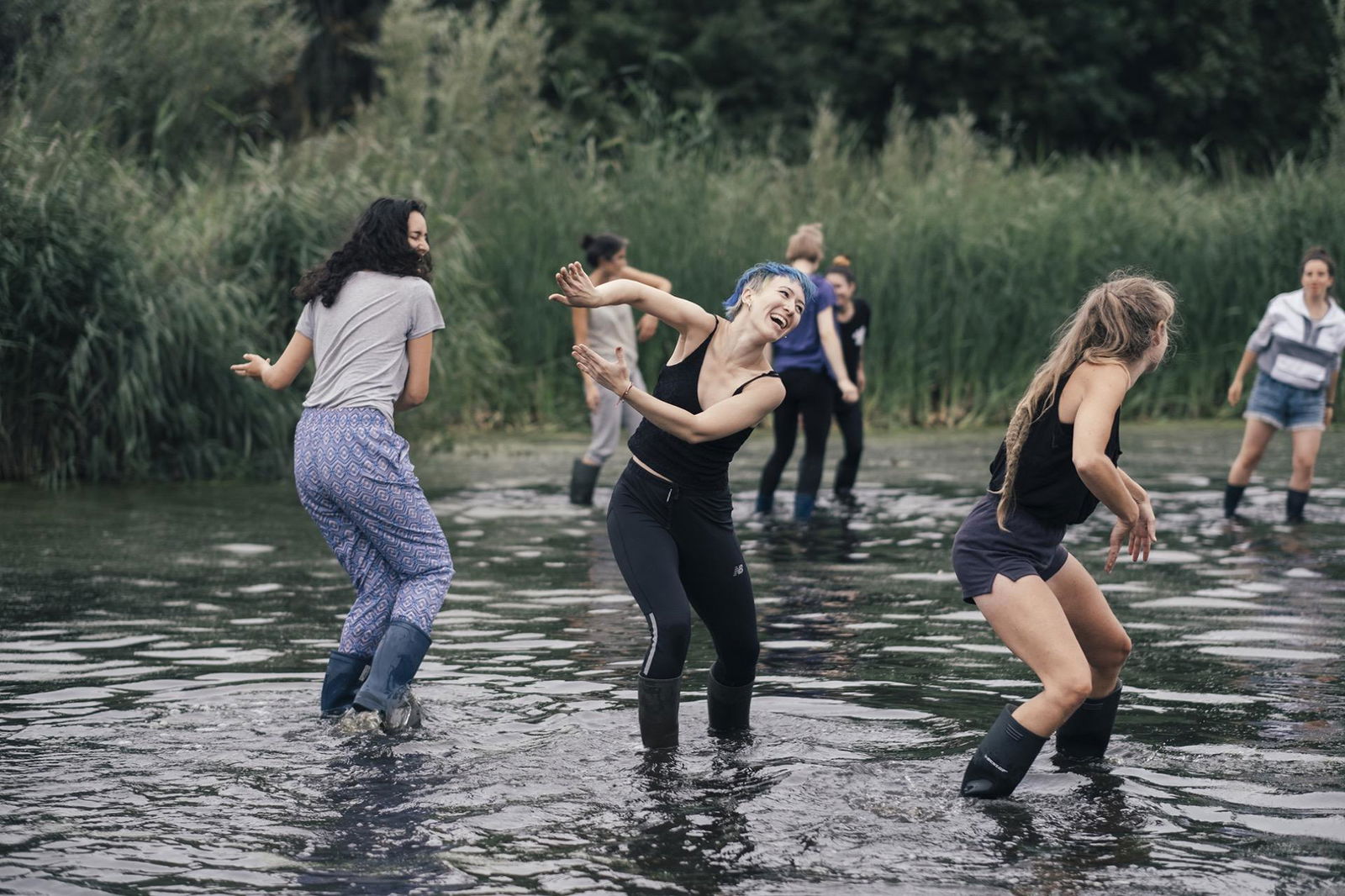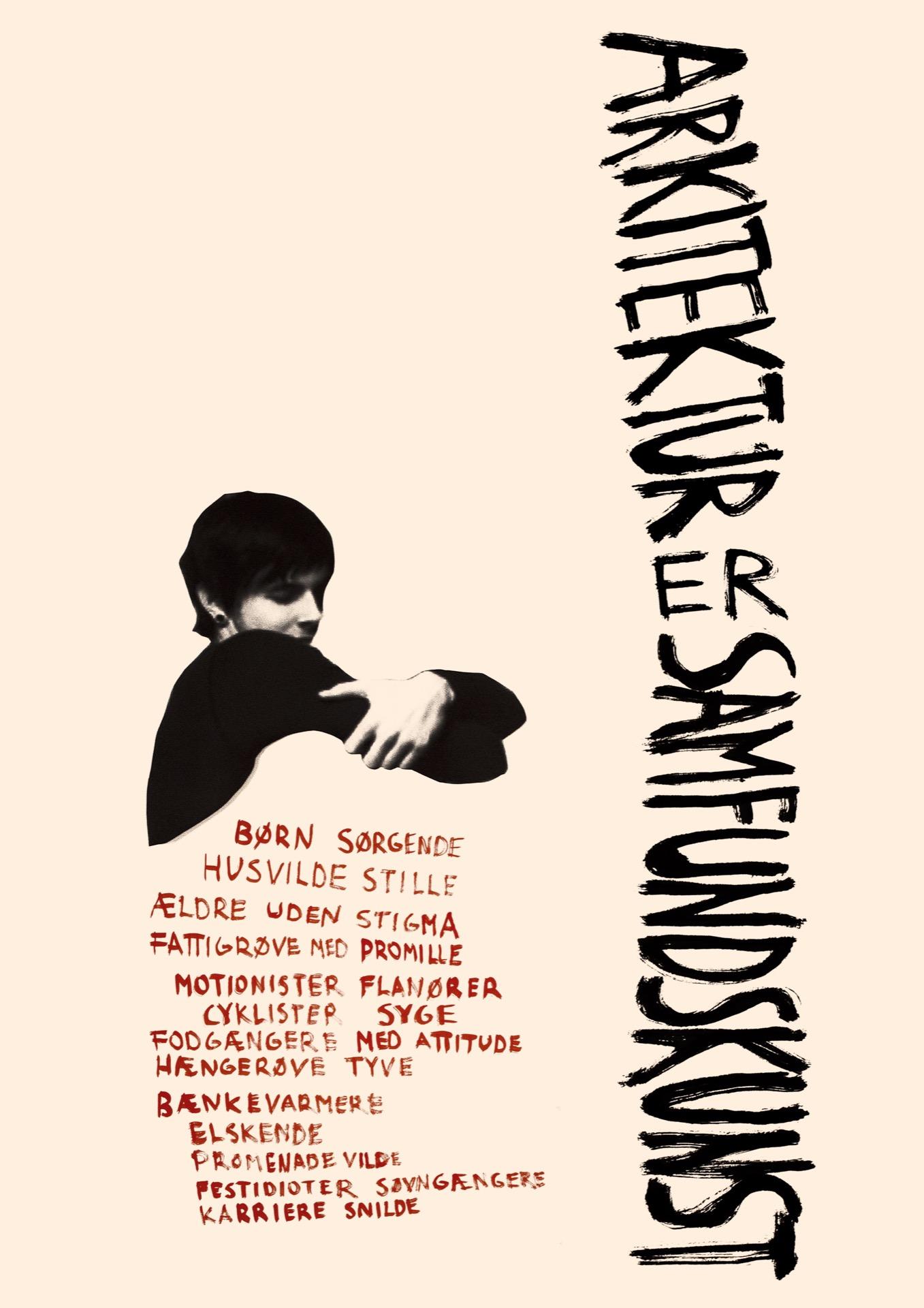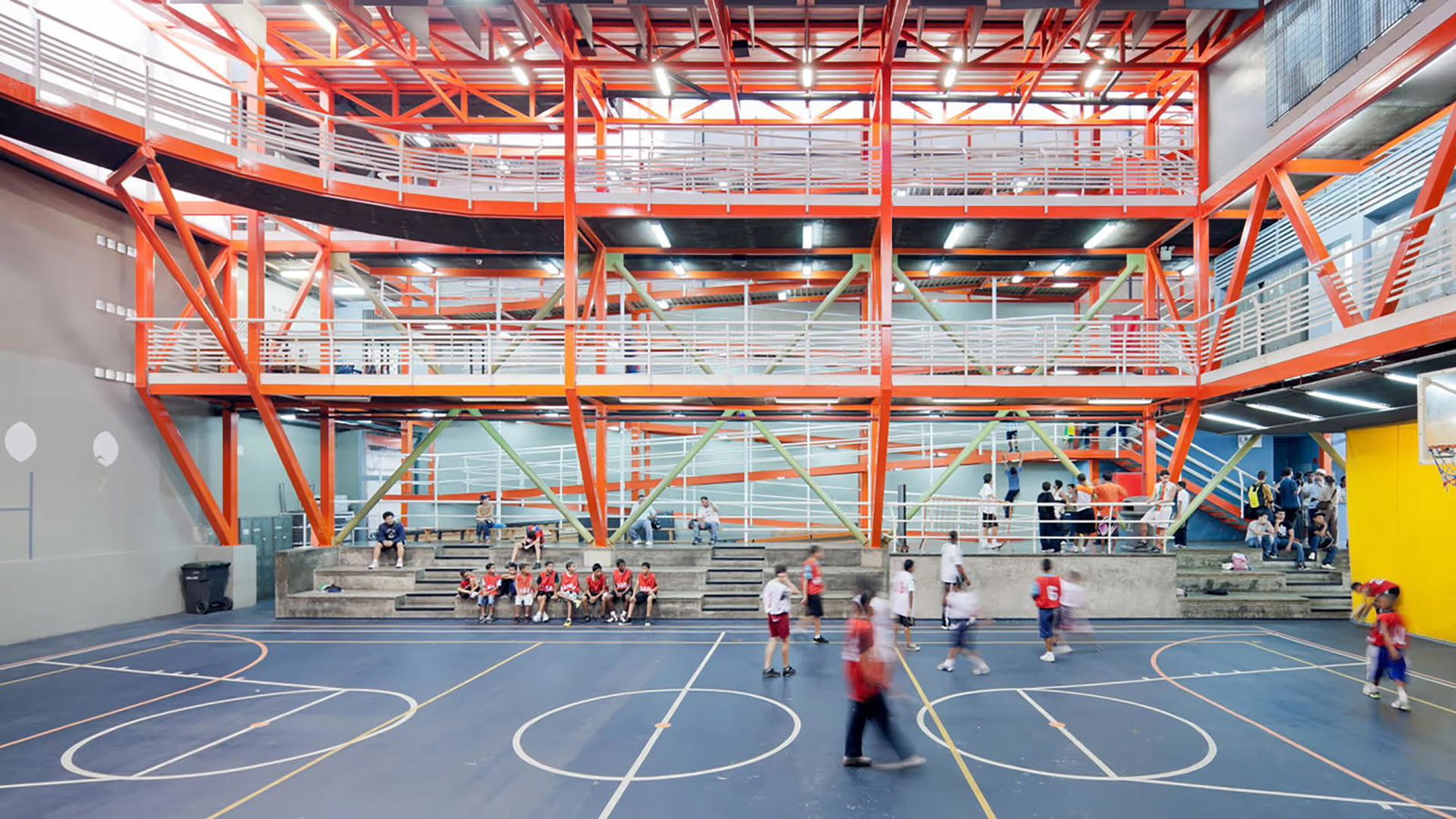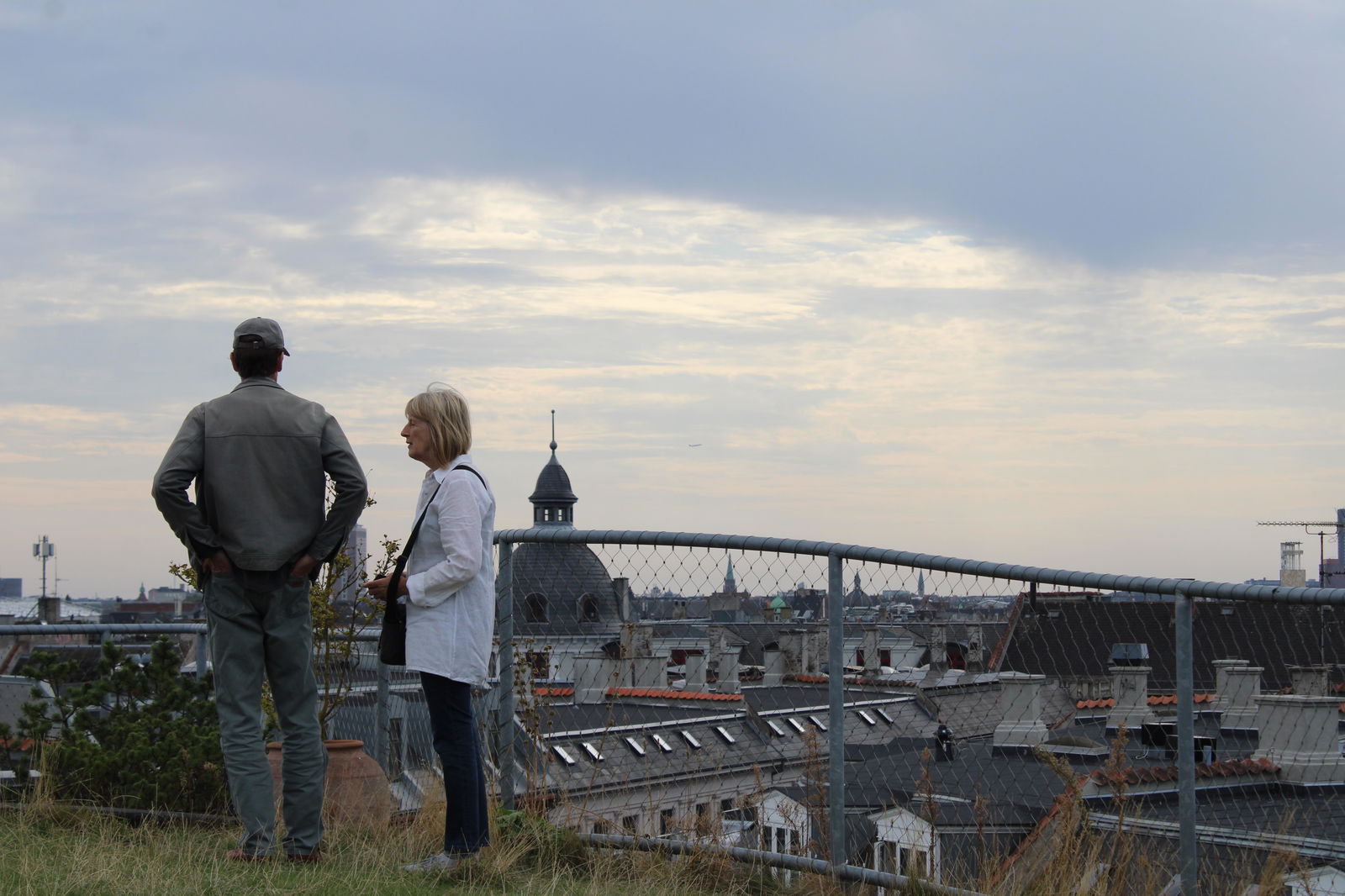
On the site of the Floating University, located not far from the centre of Berlin, a diverse range of animals, plants and algae have taken root and given birth to a unique landscape: a man-made environment reclaimed by nature where polluted water coexists with the relatively new presence of the natureculture learning site, forming what Donna Haraway has termed a “natureculture” or Gilles Clément has called “a third landscape”.
The site was designed in the early 1930s as a rainwater retention basin to serve the abutting Tempelhof airfield, and was lined with concrete after the second World War by the U.S Army who were then stationed in this part of the city. Today, while the airport no longer serves any passengers, the adjacent basin site remains as a fully functioning public infrastructure: it holds and diverts rainwater into the city’s canalisation system. It is also surrounded by a Gartenkolonie – an assemblage of allotments or community gardens – and is therefore almost invisible to passersby.
After Berlin Tempelhof Airport closed in 2008, the city’s redevelopment plan proposed to build over the vast airfield and to relocate the neighbouring rainwater infrastructure. This would have transformed the 22,500 square-metre city-owned piece of land occupied by the basin into a valuable, profitable asset for Berlin’s real estate portfolio. However, in a referendum held in 2014 on the future of the site, Berliners voted against the city’s proposals and prevented any kind of construction on the airfield. The result of this referendum not only protected the unique inner-city green space – which has since become the hugely popular Tempelhofer Feld park – but also provided protection for the less conspicuous basin site.

The basin had been closed off to the public for over 80 years until 2018, when the site was opened up as the Floating University by Berlin architect group raumlabor. Through the development of this temporary urban laboratory for collective learning, an explicit decision was made to re-activate the water infrastructure as a cultural and socio-political space. It is in solidarity with the history of the site and within the lineage of alternative narratives for urban development in Berlin that the Floating University situates its mission: to open, soften, maintain, and take care of this unique public urban infrastructure, its human culture and its multispecies overlayers while bringing non-disciplinary, radical and collaborative programmes to the public. In other words, it is a place to learn to engage, to embrace the complexity and navigate the entanglements of the world – to imagine and create different forms of living.
From April to September of 2018, the Floating University invited varied constellations of students, professors, summer schools and self-organised groups, mainly from the fields of art and design, to develop their own curriculums and experiments on and with the site. Aside from inviting visiting institutions to free themselves from their own rigid or even restrictive structures, the open programme engaged with the general public by offering a wide range of activities, including theatre performances, BMX riding and bee-keeping workshops.

This founding year, which saw a diverse breadth of visitors involved to varying degrees with the activity on site, created a unique ecosystem. Like an orchestra without a conductor, this apparent chaos not only encouraged diversity, but more importantly allowed the unexpected and the unplanned to emerge. Moreover, the programme consolidated a network of practitioners, who, at the end of 2018, decided to continue the experiment by transitioning from a “temporary” project into an association: the Floating e.V., which became the custodian of the site.
Some members of Soft Agency are active participants in the Floating e.V. and volunteer as curators and organisers. Among other activities, the association looks at how to create a sustainable economy on site and how to develop its citywide network – both with the community and the politicians whose decisions affect the site. The association is organized into working groups that work on specific tasks and topics driven by interest and desires – or what are also referred to as “Fields of Knowledge and Action”: from everyday maintenance to the design of new architectures, from organising public events and programmes to developing learning modules and curriculums, from coordinating communications to undertaking gardening, cultivating collaborations and taking care of neighborhood connections.

One of the things that keenly resonates at the Floating University is a sense of fragility; not only the fragility of the basin itself, but the inherent fragility of becoming an ecosystem of practices. This ecosystem has developed (and continues to develop) through open research, conducted independently by different people and groups. A large number of the academic and artistic programmes that emerged on site were bounded by loose instructions and infrastructures, and emphasised open intentions and frames of work. The Floating University grew into a site where heterogeneous interests translate into projects, interventions, events and installations. Becoming the Floating University was a constant process of searching, discovering, figuring out and paying knowledge forward. As the site and its manuals and rituals unfolded, those involved looked for programs through which operating the floating infrastructure on-site captured these practices and pedagogies.



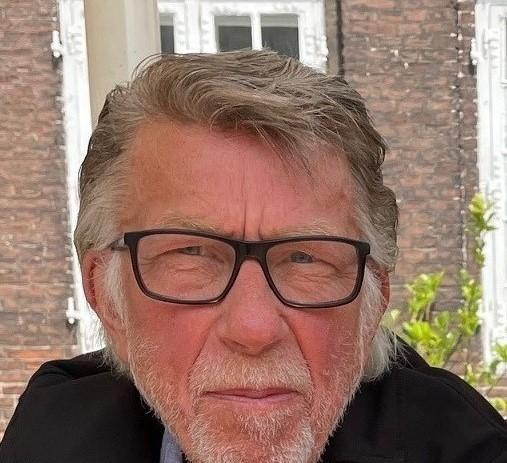


%2520(2).avif)
